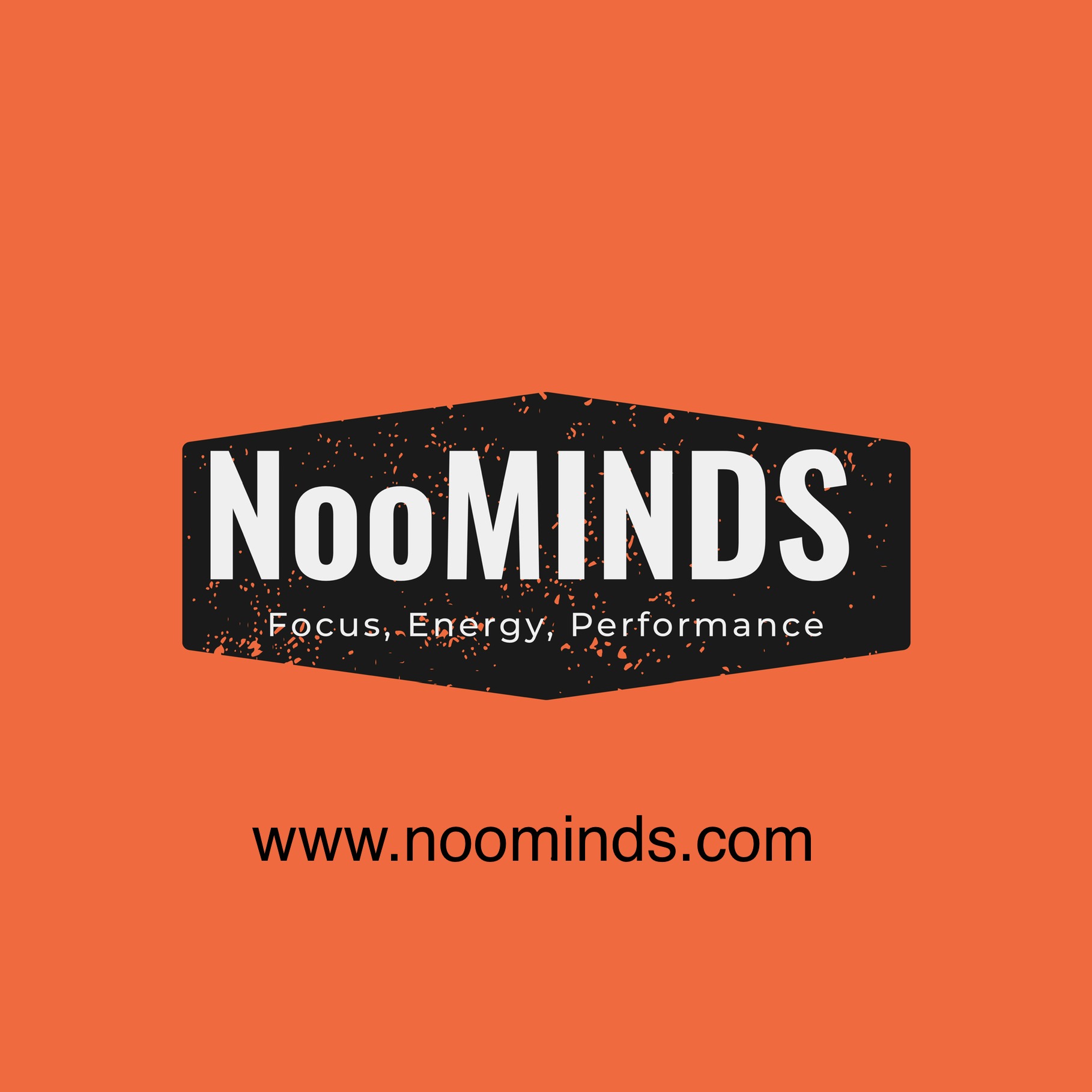Optimising Gut Training Nutrition For Endurance Athletes
- Craig Elliott
- 7 days ago
- 3 min read
Updated: 3 days ago
Optimising Training Nutrition for gut health and endurance:
Blog Post Section 3: Fine-Tuning Your Fuel: Optimizing Training Nutrition for a Healthy Gut and Peak Endurance
"We've already established the vital link between gut health and endurance, and explored the power of a diverse diet. Now, let's delve into the specifics of fueling your body around your training sessions – a crucial aspect of both performance and gut well-being."
Why Training Nutrition Matters for Your Gut:
* Fueling Performance Without Compromise: The right nutrition provides the energy you need for demanding workouts without causing unnecessary stress or irritation to your digestive system.
* Supporting Recovery and Repair: Adequate nutrient intake post-workout aids in muscle repair and glycogen replenishment, contributing to overall gut health by reducing systemic stress.
* Minimizing Gut Distress During Exercise: Strategic fueling can prevent common issues like bloating, cramping, and nausea that can derail your training.
* Adapting Your Gut: Consistent and appropriate fueling can help your gut adapt to the demands of endurance training, improving its tolerance to different fuel sources.
Key Strategies for Optimising Training Nutrition:
* Pre-Workout Fueling: Setting the Stage:
* Timing is Crucial: Allow sufficient time for digestion before training (typically 1-3 hours, depending on the meal size and composition).
* Focus on Easily Digestible Carbohydrates: These provide readily available energy without putting excessive strain on your gut. Examples include:
* White rice
* Pasta (not whole wheat for immediate pre-workout)
* Bananas
* Toast with jam or honey
* Oatmeal (for longer digestion windows)
* Moderate Protein and Low Fat: These macronutrients digest more slowly and can cause discomfort during exercise.
* Hydration: Ensure you are well-hydrated before starting your workout.
* During-Workout Fueling: Sustaining Energy and Gut Comfort:
* For Workouts Longer Than 60-90 Minutes: You'll likely need to replenish carbohydrates and electrolytes.
* Experiment with Different Fuel Sources: Gels, chews, sports drinks, and even easily digestible whole foods (like dates or small pieces of banana) can work.
* Start Small and Gradually Increase: Introduce new fuel sources during training sessions, not on race day. Pay attention to how your gut reacts.
* Consistency is Key: Consume small amounts of fuel at regular intervals rather than large amounts infrequently.
* Hydration with Electrolytes: Especially in hot and humid conditions, replenishing electrolytes is crucial for both performance and preventing gut issues.
* Post-Workout Recovery: Replenishing and Repairing:
* The "Anabolic Window": While the exact timing is debated, consuming carbohydrates and protein within a few hours post-exercise is beneficial for recovery.
* Carbohydrates to Replenish Glycogen: Aim for easily digestible carbohydrates to refill your energy stores.
* Sweet potatoes
* Quinoa
* Fruit
* Chocolate milk
* Protein for Muscle Repair: Include a source of lean protein to aid in muscle recovery.
* Greek yogurt
* Protein shakes
* Chicken or fish
* Hydration: Continue to rehydrate to replace fluids lost during exercise.
* Listen to Your Gut's Feedback:
* Individual Tolerance Varies: What works for one athlete may not work for another. Pay close attention to how different foods and fueling strategies affect your digestion.
* Keep a Food and Training Log: Note what you eat and drink around your workouts, and any digestive issues you experience. This can help identify triggers.
* Don't Introduce New Foods on Race Day: Stick to what you've tested and know your gut can handle.
Practical Tips for Implementation:
* Practice Your Race-Day Nutrition: Simulate race-day fueling during your long training sessions.
* Plan Your Fueling Strategy: Have a clear plan for what you'll eat and drink before, during, and after key workouts and races.
* Be Prepared: Carry your own fuel and hydration during training and races to avoid relying on unfamiliar options.
* Consult a Professional: If you have persistent gut issues or need personalized nutrition advice, consider working with a registered dietitian or sports nutritionist.
"Optimizing your training nutrition is a continuous process of experimentation and refinement. By understanding how different foods impact your gut around your workouts, you can fuel your body effectively, minimise digestive distress, and ultimately enhance your endurance performance."
What is your tried and tested carbs per hour?
Regards
Craig Elliott
NooMinds
Endurance Specialist and Sports Nutrition Coach


Comments